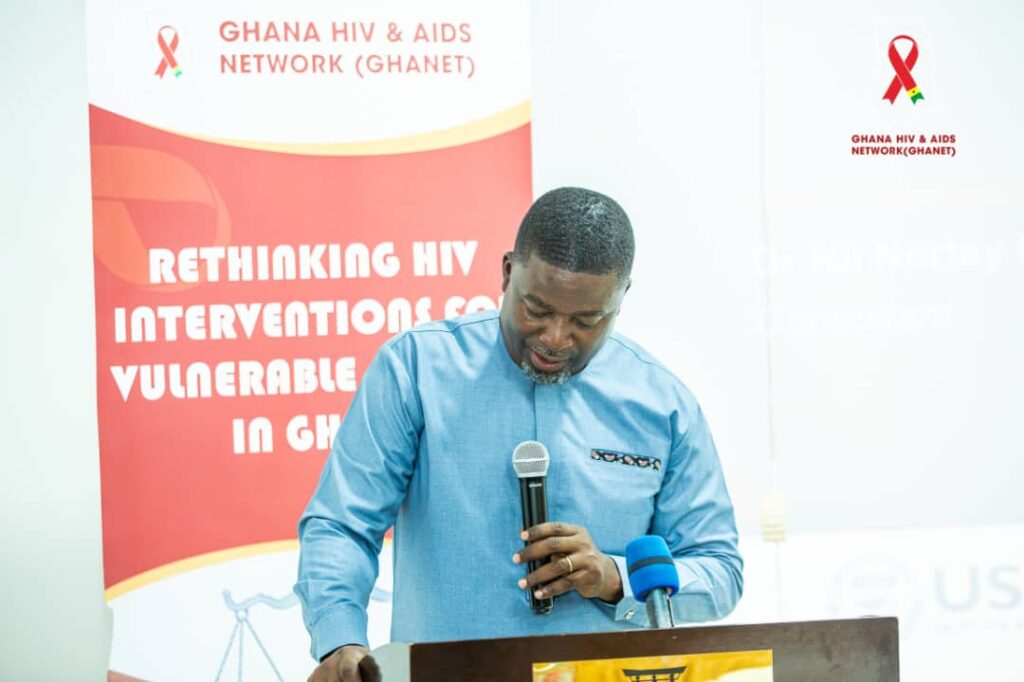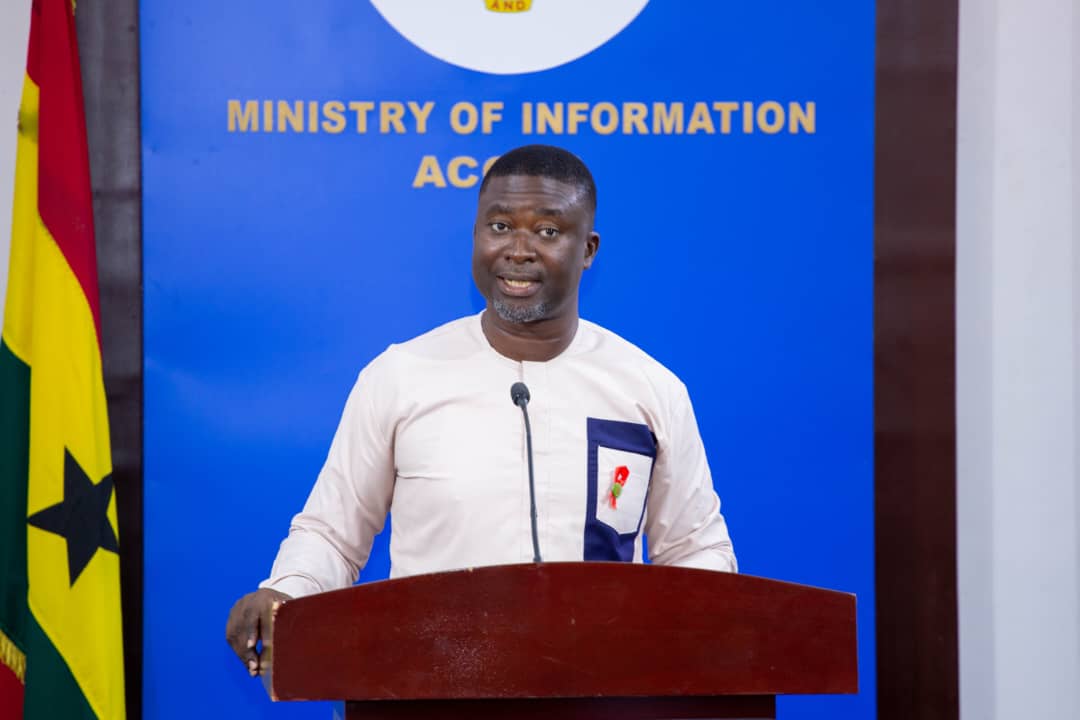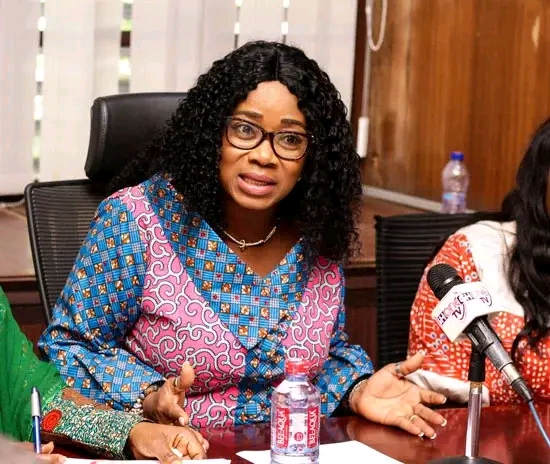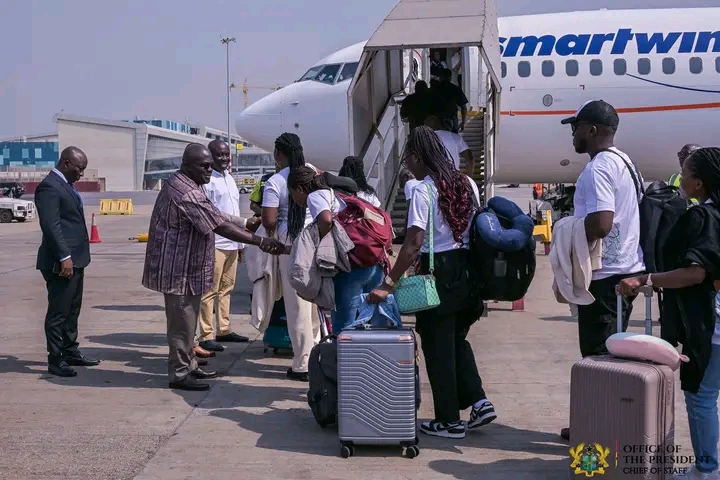Credit Kekeli K. Blamey
Mr. Ernest Amoabeng Orstin, President of the Ghana HIV and AIDS Network (GHANET), has called on the Government of Ghana to intensify its support in the national effort to reduce the prevalence of HIV/AIDS across the country.
Speaking at a workshop on Gender and Human Rights-Based Social Media Campaigns for Vulnerable Populations (Kayayei, Miners, fisher folks) in Koforidua on Monday, Mr. Orstin stressed the need for urgent government intervention in the wake of significant funding cuts by international donors.
According to him, GHANET has relied heavily on funding from the Global Fund and other partners to execute its HIV prevention and treatment initiatives. However, the recent disclosure by U.S. President Donald Trump on the withdrawal of financial support through USAID has adversely impacted the network’s operations.
“Despite our tireless efforts and longstanding support from global partners, the sudden decline in funding has created a critical gap that threatens our ability to provide essential services,” Mr. Orstin said. “We urgently need the Government of Ghana to step in and help sustain our work.”
He highlighted the pressing need for more HIV testing kits, antiretroviral drugs, as well as Post-Exposure Prophylaxis (PEP), Pre-Exposure Prophylaxis (PrEP), and other critical medical supplies at health facilities nationwide.
Mr. Orstin further encouraged participants of the three-day workshop—mainly media professionals from across the country—to take full advantage of the training sessions. He emphasized the importance of accurate and effective communication in shaping public understanding and response to HIV/AIDS-related issues.
The workshop aimed to enhance the capacity of media practitioners to support the national HIV response through informed and rights-based messaging. Participants were sensitized on the current state of the HIV epidemic in Ghana, strategies to reduce new infections, and the role of media in reaching vulnerable populations.
Organizers expressed optimism that with strengthened communication and renewed government commitment, Ghana can make meaningful progress towards eliminating new HIV infections by 2030.







